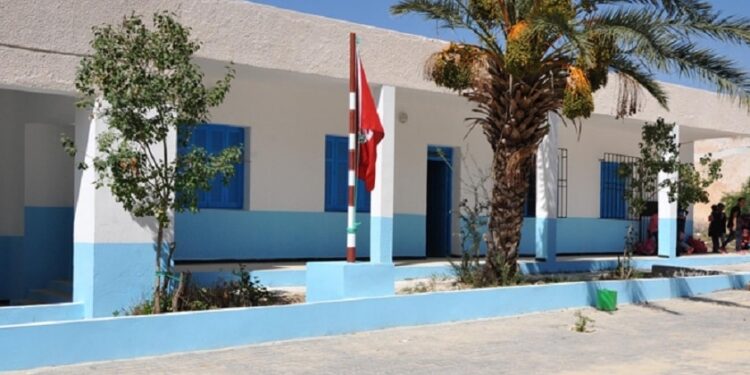The private is advancing, the public fell back. In Tunisia, 811 Private primary schools were authorized this year, against 774 last year, that is 37 new schools In one year, according to official figures from the Ministry of Education.
Expansion is mainly concentrated in major cities. Tunis stays in the lead with 125 establishments divided between Tunis 1 and Tunis 2, followed by Ben Arous (82) And Ariana (66). In contrast, in the interior regions, the private sector struggles to set up: only 3 schools exist in Kef and at Tataouine7 to Siliana and 9 to Béja.
The phenomenon does not surprise specialists. There perceived quality Du Privée attracts more and more parents, convinced that their children will benefit from better supervision and modern infrastructure. Private schools also focus on digital, foreign languages and extracurricular activitiesassets that are lacking in many public schools.
There overload of classes and the lack of equipment in the public accentuate the phenomenon. In major cities, the private sector has become an almost natural choice for families wishing to prepare their children for academic success and international sectors.
The public in the
Consequence: the public school is found abandoned where demand is strongwhile rural regions continue to suffer from a lack of qualified infrastructure and teachers. The gap between urban and interior areas continues to widen.
Experts call for strengthen : Reduce the number of students per class, modernize establishments and improve teacher training. In the interior of the country, Incitations to create attractive schools could help brake the exodus to the private sector.
The private phenomenon translates a Desire for quality and successbut he highlights the urgency to reform public school to guarantee education fair and accessible to all.
Read also: Tunisia: Does the state really know the state of school infrastructure?








